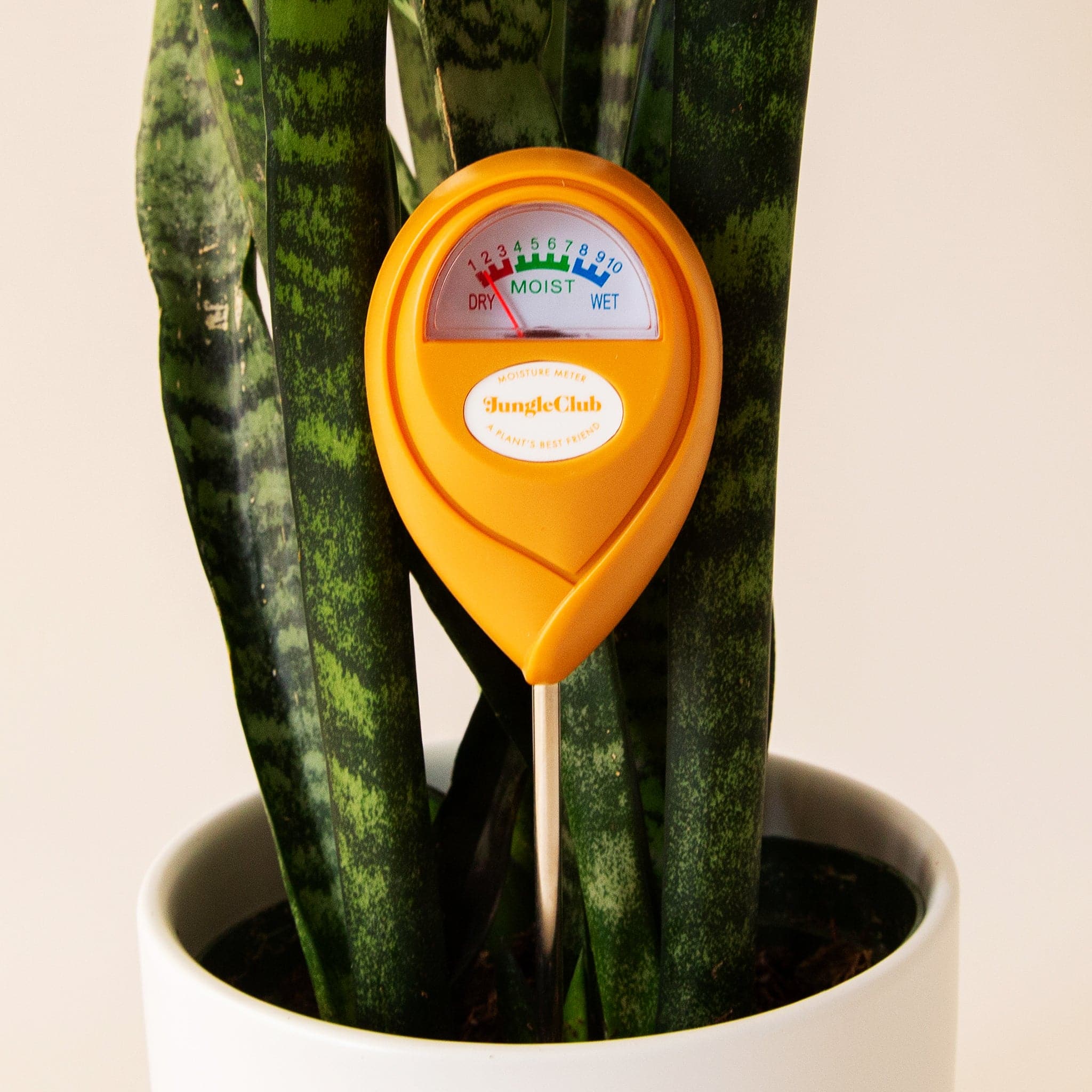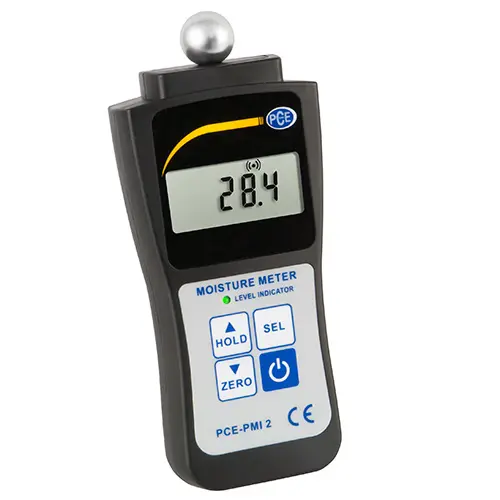Exactly How a Moisture Meter Can Boost Your Building And Construction Projects and Stop Damages
Exactly How a Moisture Meter Can Boost Your Building And Construction Projects and Stop Damages
Blog Article
The Ultimate Overview to Wetness Meters: A Comprehensive Summary and How They Can Conserve You Cash
Dampness meters serve as essential tools in discovering and keeping track of moisture material in products, helping in avoiding pricey damages and making sure the high quality of items. Recognizing the nuances of different kinds of dampness meters, their applications, and the prospective cost-saving advantages they offer can be a game-changer for services and specialists alike.
Sorts Of Dampness Meters
One usual kind is the pin-type wetness meter, which determines the electrical resistance between two pins inserted into a material. Pinless moisture meters, on the various other hand, use electro-magnetic sensing unit plates to scan a larger location without creating damages to the material's surface area.

Infrared dampness meters measure the thermal properties of a material to establish its moisture material non-invasively, making them valuable for applications where pin or pinless meters might not be suitable. Recognizing the different types of moisture meters offered can aid industries select the most appropriate tool for their certain dampness measurement demands.

Benefits of Making Use Of Wetness Meters
Moisture meters provide indispensable advantages in precisely evaluating and checking wetness levels in diverse products and settings. One of the main advantages of using moisture meters is the avoidance of possible damage caused by excess dampness.
In addition, making use of wetness meters can bring about raised power efficiency. By identifying locations with high moisture levels, such as leakages or poor insulation, changes can be made to enhance energy preservation and decrease energy expenses. In farming settings, dampness meters play a crucial duty in optimizing plant yields by making it possible for farmers to check dirt moisture degrees and make educated watering decisions. On the whole, the advantages of making use of wetness meters extend across numerous markets, supplying cost-effective remedies and promoting much better quality control techniques.
Just How to Select the Right Dampness Meter
Selecting the proper dampness meter involves thinking about vital factors such as material compatibility, dimension array, and calibration accuracy. When selecting a dampness meter, it's vital to ensure that the meter is suitable for the particular material you will certainly be testing. Different materials have differing electrical homes that can impact dampness analyses, so selecting a meter developed for your material is vital for precise outcomes. In addition, think about the dimension series of the moisture meter. Make sure that the meter can find dampness degrees within the array needed for your applications. Calibration precision is one more important factor to bear in mind. Go with a wetness meter with reliable calibration to ensure precise and consistent analyses. Some meters might call for routine calibration adjustments, so understanding the calibration process is necessary. By meticulously reviewing these variables, you can pick a wetness meter that meets your needs and gives exact dampness dimensions for your jobs.
Appropriate Techniques for Dampness Meter Use

Cost Savings Through Moisture Meter Applications
How can the tactical usage of dampness meters lead to considerable cost financial savings across various markets? In the agriculture market, moisture meters help in figuring out the optimal time for gathering crops, preventing excess or over-drying moisture that can influence the final item's quality.
Likewise, in construction, wetness meters aid stop costly problems by discovering dampness levels in structure materials, such as wood or concrete, i thought about this which can result in architectural issues if not resolved immediately. By identifying issue locations beforehand, service providers can take restorative actions to avoid considerable repairs or replacements, ultimately conserving money and time.
In addition, in the food processing market, wetness meters are essential for keeping track of product top quality and making certain compliance with safety and security laws. By accurately determining wetness material in foodstuff, manufacturers can avoid putridity, keep freshness, and reduce waste, leading to substantial price financial savings. Overall, the strategic application of wetness meters is a valuable investment that can lead to substantial cost reductions and boosted performance throughout numerous industries.
Conclusion
In verdict, dampness meters are beneficial devices for spotting and measuring dampness levels in various products. By making use of the appropriate dampness meter and complying with appropriate techniques, individuals can effectively prevent pricey problems triggered by excess wetness. Purchasing a high quality wetness meter can lead to significant price financial savings in the future by identifying possible problems at an early stage and enabling punctual removal. Ultimately, dampness meters are necessary instruments for maintaining the honesty and durability of materials and frameworks.
Moisture meters offer as vital devices in detecting and over here keeping track of moisture web content in materials, aiding in protecting against expensive problems and ensuring the high quality of items. Infrared moisture meters determine the thermal residential properties of a material to identify its dampness content non-invasively, making them beneficial for applications where pin or pinless meters might not be suitable.Wetness meters use important advantages in precisely analyzing and keeping an eye on moisture levels in diverse products and atmospheres. In farming settings, moisture meters play a vital duty in optimizing crop yields by enabling farmers you could check here to keep track of dirt dampness degrees and make informed irrigation decisions.In conclusion, wetness meters are useful devices for detecting and measuring wetness levels in different materials.
Report this page